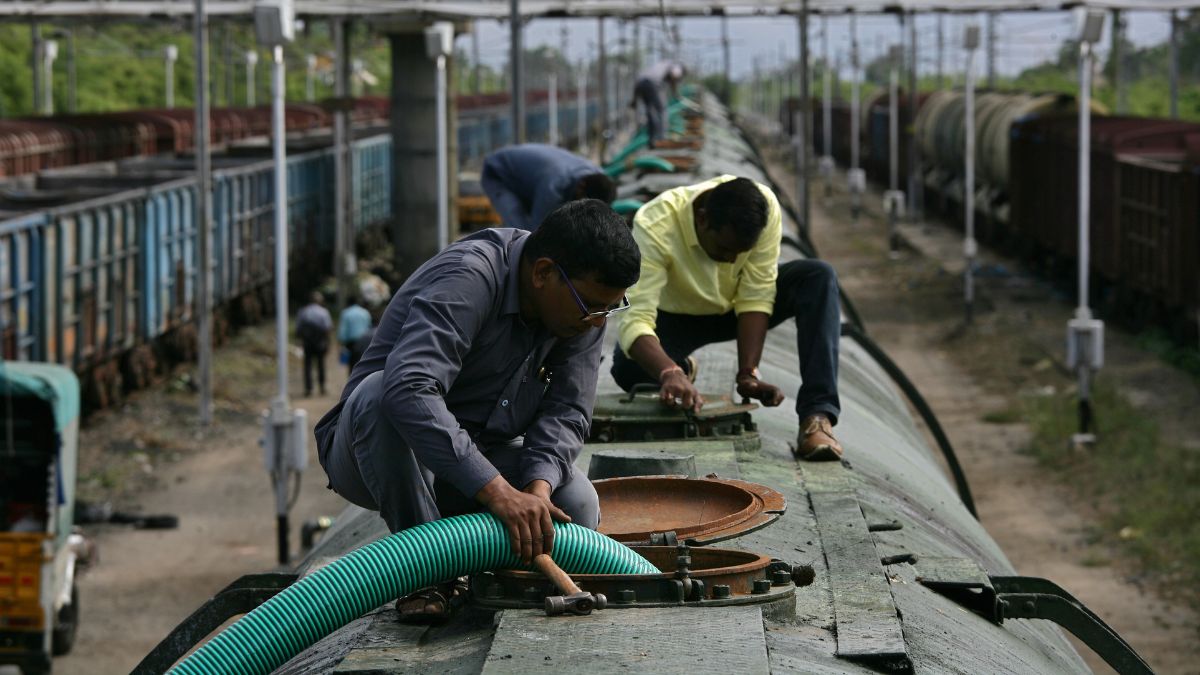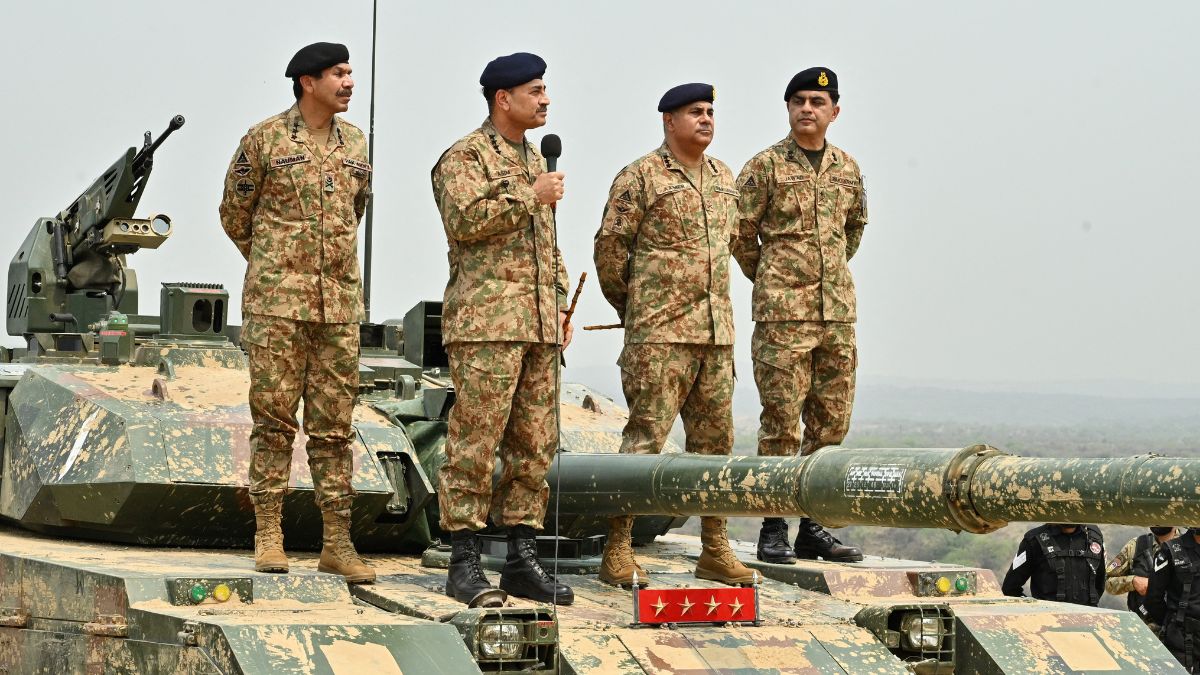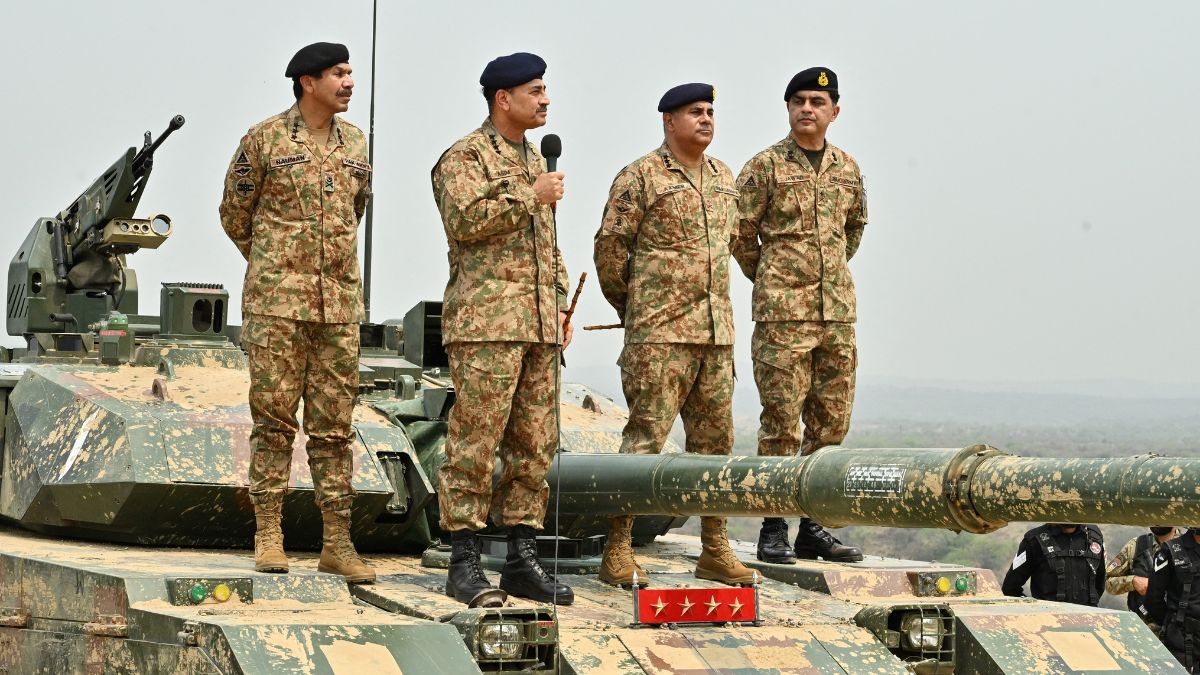The Indian government has announced that four new labour codes will go into effect from today (November 21).
The Code on Wages, the Occupational Safety Code, the Code on Social Security and the Industrial Relations Code will replace the existing 29 laws in what the government says is amongst the biggest labour reforms undertaken since Independence.
Passed by Parliament in 2019 and 2020, the codes were awaiting implementation as the Centre and states had yet to simultaneously notify them. The labour ministry said the codes — covering wages, industrial relations, social security and occupational safety — would “ensure better wages, safety, social security and welfare for the country’s workforce”.
“With expanded social security, stronger protections and nationwide portability of entitlements, the codes place workers, especially women, youth, unorganised, gig and migrant workers, firmly at the centre of labour governance,” the ministry added.
Prime Minister Narendra Modi, taking to X, hailed the move.
“Shramev Jayate! … These codes will serve as a strong foundation for universal social security, minimum and timely payment of wages, safe workplaces and remunerative opportunities … especially Nari Shakti and Yuva Shakti.”
Modi called the implementation of these laws “the most comprehensive and progressive labour-oriented reforms since Independence.” He added that the reform “significantly simplifies compliance and promotes ‘Ease of Doing Business.’
But what do we know about these codes? And what does this mean for Indian workers?
Let’s take a closer look.
The Code on Wages, 2019
The first of the four codes, the Code on Wages, melds four older laws concerning minimum wages, payment of wages, bonuses and equal remuneration. The biggest change here is streamlining the definition of “wages”. This must now comprise basic pay, dearness allowance and retaining allowance, with at least 50 per cent of total remuneration counted as wages.
This is a sea change from the present, where basic pay and dearness allowance comprise a small part of the ultimate CTC. This will result in increasing social security contributions such as Provident Fund (PF), Employees’ State Insurance Corporation (ESIC), Workmen’s Compensation and maternity benefits.
Experts say this will benefit employees particularly when it comes to taking larger lump-sum payouts when they retire. However, this is also likely to increase costs for the employer. They say employers will have to rework salary structures, employment contracts and variable pay components.
The code also lets the Centre establish a basic minimum wage threshold which states cannot undercut. All workers will also get appointment letters spelling out their designation, wages and social security entitlements – thus formalising their employment.
The Industrial Relations Code, 2020
The Industrial Relations (IR) Code makes mass changes when it comes to hiring, firing and resolving disputes.
Companies who have up to 299 employees can now lay off staff without government approval. Earlier, that number was at 100 under the previous labour code. Experts say this will ease compliance and give smaller firms greater flexibility.
However, trade unions have opposed this on the grounds of protecting worker protections. They also say it will detract from job security.
Under the old laws, only workers in public utility firms were required to give two weeks’ notice before strikes. However, now this extends to all industries – thus doing away with flash strikes and shutdowns without notice.
The Code on Social Security, 2020
The Social Security Code is arguably the most game-changing of the codes. This is because it for the first time defines gig work, platform work and aggregators under the law. The code extends social security benefits such as PF, ESIC and gratuity to gig and platform workers.
Aggregators will now mandatorily have to set aside 1 to 2 per cent of their yearly turnover – not more than five per cent – for social security schemes.
The gig workforce has surged since the pandemic, with more than 23.5 million expected to be employed in the sector by 2030, up from around 10 million in 2024–2025, according to government think tank NITI Aayog.
Fixed-term employees (FTEs), who mainly work in retail, e-commerce, logistics, IT services and manufacturing, can now qualify for gratuity after one year rather than five. It thus brings FTEs at par with permanent staff.
Meanwhile, workers in Micro, Small & Medium Enterprises, based on employee strength, will get guaranteed minimum wages and access to basic facilities including canteens, drinking water and rest areas. It also provides a free annual health check-up for workers.
For mine workers, the Social Security Code treats certain commuting accidents as employment-related, subject to conditions of time and place of employment.
The Occupational Safety, Health and Working Conditions Code, 2020
The Occupational Safety, Health & Working Conditions (OSH) Code combines over a dozen laws pertaining to working conditions, factory safety, contract labour and migrant workers.
Businesses can now employ beedi and cigar workers for 12-hour shifts. However, the Centre has kept a weekly cap of 48 hours keeping in mind health and safety. Under the law, workers can only cross this cap if they agree to do so and for at least twice their normal wage. Plantation workers have been brought under the OSHWC Code as well as the Social Security Code.
Women will now be allowed to work in night shifts if they consent to do so. The Centre has mandated a slew of safety and welfare measures such as mandatory written consent, double wages for overtime, safe transportation, CCTV surveillance and security arrangements. The OSHWC Code also covers digital and audio-visual workers such as journalists in electronic media, dubbing artists and stunt performers.
Experts say could benefit over time
Economists say the reforms could weigh heavy on small firms initially but strengthen protections and incomes over time.
“In the short term, they may hurt small, unorganised firms, but in the long run … with minimum wages and increased social security, it could be positive for both working conditions and consumption,” said Devendra Kumar Pant, chief economist at India Ratings & Research.
The labour rules, some dating back to British colonial rule, have long been seen by businesses as a drag on India’s manufacturing sector, which contributes less than a fifth to the country’s nearly $4 trillion (Rs 3,58,664 lakh crore) economy. It remains to be seen how the industry and employers respond to these changes.
Labour unions remain opposed
Nearly a dozen labour unions on Friday issued a statement decrying the implementation of the codes as a “genocidal attack” and “war on the working masses”. The unions called upon workers to “rise in rage” and march alongside farmers on November 26 to demand its repeal.
Prior to the laws taking effect, the labour union representatives on Thursday met with Finance Minister Nirmala Sitharaman. The unions, in a joint memorandum to the finance minister, demanded the aforementioned laws be repealed and the previous 29 provisions be restored. They also demanded that the minimum wage be affixed at Rs 26,000 per month.
They also called on the government to extend the Mahatma Gandhi National Rural Employment Guarantee Scheme (MGNREGS) to urban areas and to increase allocation for the rural employment scheme to make sure everyone gets 200 days of work with statutory minimum wages.
“Not only are our suggestions and demands ignored, the government has been implementing policies diametrically opposite to those suggested by the unions, bypassing all tripartite, bipartite democratic mechanisms and institutions,” the memorandum stated.
“The labour codes have been implemented despite strong opposition from the trade unions and it will snatch the workers’ rights including fixed-term jobs and rights available under the earlier labour laws,” said Amarjeet Kaur, national general secretary of the All India Trade Union Congress.
Kaur previously said, “We consider the four labour codes as negation of the labour rights won over after struggle of 150 years from British Raj onwards.”
“These codes negate our right to strike, make union registration problematic, de-recognition of unions easy, the process of conciliation and adjudication cumbersome, winding up labour courts and introducing tribunals for workers, giving overriding power to registrars to de-register unions,” Kaur added.
But not everyone agrees.
The Bharatiya Mazdoor Sangh (BMS), an affiliate of the Rashtriya Swayamsevak Sangh, met Labour Minister Mansukh Mandviya on Thursday to offer support for the Code on Wages and the Code on Social Security. The BMS called these codes “historic and revolutionary.”
However, the BMS added that it opposed some “anti-worker” provisions in the Industrial Relations Code and the OSH and WC Code.
The BMS had in August urged the Centre to consider implementing these labour codes in phases. They also said some provisions of the Industrial Relations Code and the Occupational Safety and Health and Working Conditions Code ought to be reconsidered.
With inputs from agencies


)

)
)
)
)
)
)
)
)



